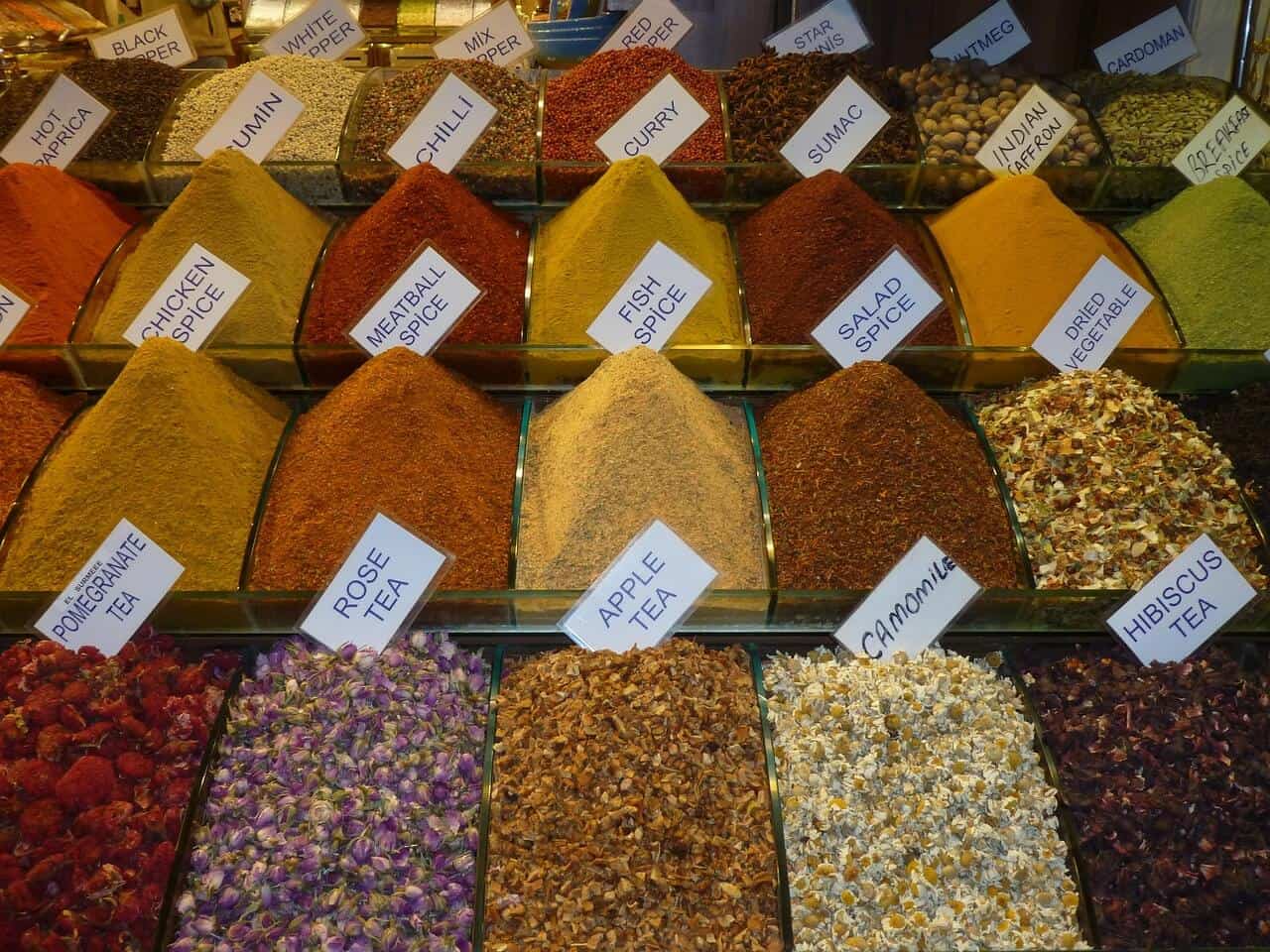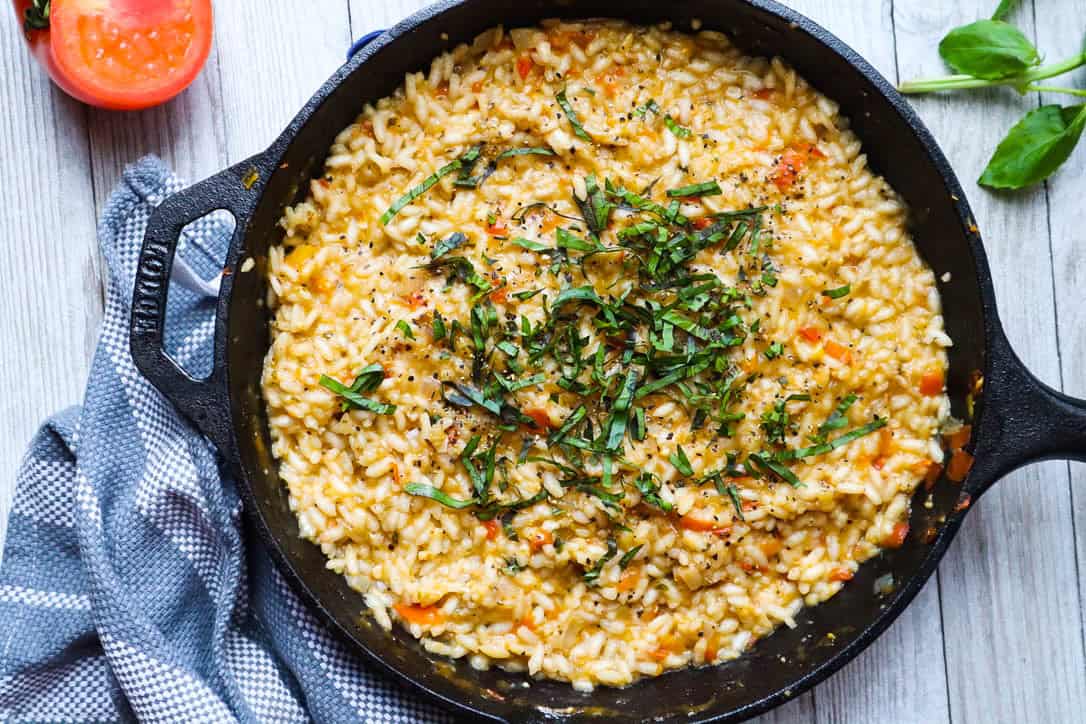Inflammation is a natural and essential process in the body, designed to protect us from injury and illness. However, when inflammation becomes chronic, it can lead to a host of health problems that impact our well-being and longevity. The good news is that the foods we eat play a significant role in managing inflammation. By incorporating anti-inflammatory foods into your diet, you can help reduce the risk of chronic diseases and improve your overall health.
In this article, we’ll explore what inflammation is, how it affects the body, and the foods that can help fight inflammation to pave your way to a healthier life.
What Is Inflammation?
Inflammation is the body’s response to injury, infection, or harmful stimuli. When you stub your toe or catch a cold, your immune system activates an inflammatory response to protect and heal the affected area. This type of acute inflammation is a short-term process where the immune system sends white blood cells to fight infection or repair damaged tissue.
However, when inflammation becomes chronic, the immune system stays activated even when there’s no immediate threat. Chronic inflammation is often linked to poor lifestyle choices such as unhealthy diets, lack of exercise, smoking, and stress. It can last for weeks, months, or even years, and it can silently damage the body without any obvious symptoms. Over time, chronic inflammation can contribute to various diseases, including:
- Heart disease
- Diabetes
- Cancer
- Alzheimer’s disease
- Arthritis
The presence of chronic inflammation can accelerate the aging process and diminish quality of life, leading to fatigue, joint pain, digestive issues, and other health concerns.
The Impact of Inflammation on Well-Being and Longevity
Chronic inflammation is often referred to as a “silent killer” because it can damage tissues and organs without producing noticeable symptoms right away. Over time, this hidden damage weakens the body’s systems, leading to a higher risk of chronic illnesses and premature aging.
1. Heart Health
Inflammation is closely linked to heart disease, one of the leading causes of death worldwide. Chronic inflammation can damage blood vessels and lead to the formation of plaque, which can increase the risk of heart attacks and strokes. Controlling inflammation through diet and lifestyle changes can significantly improve heart health.
2. Joint Pain and Mobility
Inflammation also plays a role in conditions like arthritis, which can cause painful swelling and stiffness in the joints. Reducing inflammation can help alleviate joint pain and improve mobility, leading to a better quality of life.
3. Mental Health
Emerging research suggests that chronic inflammation may also contribute to mental health disorders such as depression and anxiety. Inflammation can disrupt the balance of neurotransmitters, which are critical for mood regulation.
4. Longevity
The chronic presence of inflammation can speed up cellular aging and increase the risk of age-related diseases. By fighting inflammation, you can promote healthy aging, reduce the risk of age-related diseases, and extend your lifespan.
Foods That Fight Inflammation
The best way to combat chronic inflammation is through a healthy lifestyle, and the foods you eat can make a significant difference. Here are some anti-inflammatory foods that can help reduce inflammation and improve your overall health:
1. Fatty Fish
Fatty fish like salmon, mackerel, sardines, and tuna are rich in omega-3 fatty acids, which are known for their powerful anti-inflammatory properties. Omega-3s help reduce the production of inflammatory compounds and can lower the risk of heart disease, arthritis, and other inflammation-related conditions.
Incorporating fatty fish into your diet a few times a week can help reduce inflammation in the body. If you’re not a fan of fish, fish oil supplements can also provide a similar benefit.
2. Leafy Greens
Dark leafy greens such as spinach, kale, and Swiss chard are packed with antioxidants, vitamins, and minerals that help fight inflammation. These vegetables are rich in vitamin K, which plays a key role in protecting the body from inflammatory damage.
Including a variety of leafy greens in your diet can boost your immune system and reduce the risk of chronic diseases. Try adding them to salads, smoothies, or stir-fries for an easy nutrient boost.
3. Berries
Berries like strawberries, blueberries, raspberries, and blackberries are loaded with antioxidants that help neutralize free radicals, which contribute to inflammation. These antioxidants, particularly a type called anthocyanins, help reduce the risk of chronic diseases and promote healthy aging.
Berries are not only delicious but also versatile. You can enjoy them in smoothies, oatmeal, yogurt, or simply as a snack.
4. Nuts and Seeds
Nuts and seeds, particularly almonds, walnuts, chia seeds, and flaxseeds, are rich in healthy fats and fiber, both of which help reduce inflammation. Walnuts, for instance, contain a good amount of omega-3 fatty acids, while almonds are high in vitamin E, an antioxidant that helps protect the body from oxidative stress and inflammation.
Including a small handful of nuts and seeds in your daily diet can support heart health and help manage inflammation. Sprinkle them over salads, yogurt, or enjoy them as a snack.
5. Turmeric
Turmeric is a spice known for its bright yellow color and potent anti-inflammatory effects. The active compound in turmeric, curcumin, has been shown to reduce inflammation by blocking inflammatory pathways in the body.
While turmeric is often used in curries and stews, you can also add it to soups, teas, or golden milk for a boost of anti-inflammatory benefits. For better absorption, pair turmeric with black pepper, which enhances the body’s ability to absorb curcumin.
6. Tomatoes
Tomatoes are rich in lycopene, an antioxidant that helps fight inflammation, particularly in the lungs and digestive tract. Cooking tomatoes can increase the amount of lycopene, making tomato-based dishes like sauces, soups, and stews excellent choices for reducing inflammation.
7. Olive Oil
Extra virgin olive oil is a staple of the Mediterranean diet, which is known for its heart-healthy and anti-inflammatory benefits. Olive oil contains oleocanthal, a compound with anti-inflammatory properties similar to ibuprofen.
Drizzling olive oil over salads, vegetables, or whole grains is a simple and delicious way to incorporate it into your daily meals.
8. Whole Grains
Whole grains like brown rice, quinoa, barley, and oats contain fiber that helps reduce inflammation by promoting a healthy gut. Refined grains, on the other hand, can increase inflammation, so it’s important to choose whole grains over processed ones.
Adding whole grains to your diet can improve digestion, support heart health, and reduce the risk of inflammatory conditions like diabetes.
9. Ginger
Ginger has been used for centuries in traditional medicine for its anti-inflammatory and antioxidant effects. The compounds in ginger, known as gingerols, help reduce inflammation and pain, making it particularly useful for people with arthritis or chronic joint pain.
Incorporate fresh ginger into teas, smoothies, stir-fries, or soups to take advantage of its anti-inflammatory properties.
Conclusion: Your Path to a Healthier Life
Inflammation, while essential in small doses, can wreak havoc on the body when it becomes chronic. By choosing foods that fight inflammation, you can support your body’s natural defenses and reduce the risk of chronic diseases. A diet rich in fatty fish, leafy greens, berries, nuts, and anti-inflammatory spices like turmeric and ginger can help you manage inflammation, improve your well-being, and promote longevity.
Eating for inflammation control isn’t just about what you put on your plate—it’s about creating a healthier lifestyle. Combine an anti-inflammatory diet with regular exercise, stress management, and adequate sleep to take your health to the next level and enjoy a vibrant, fulfilling life.















